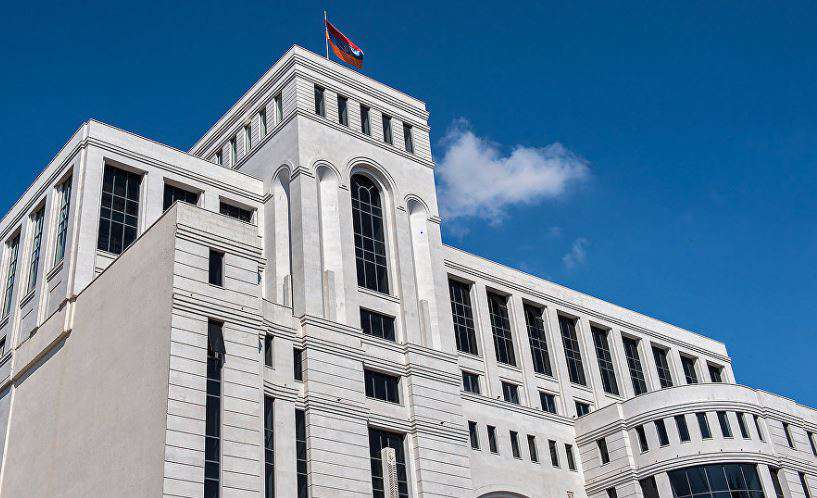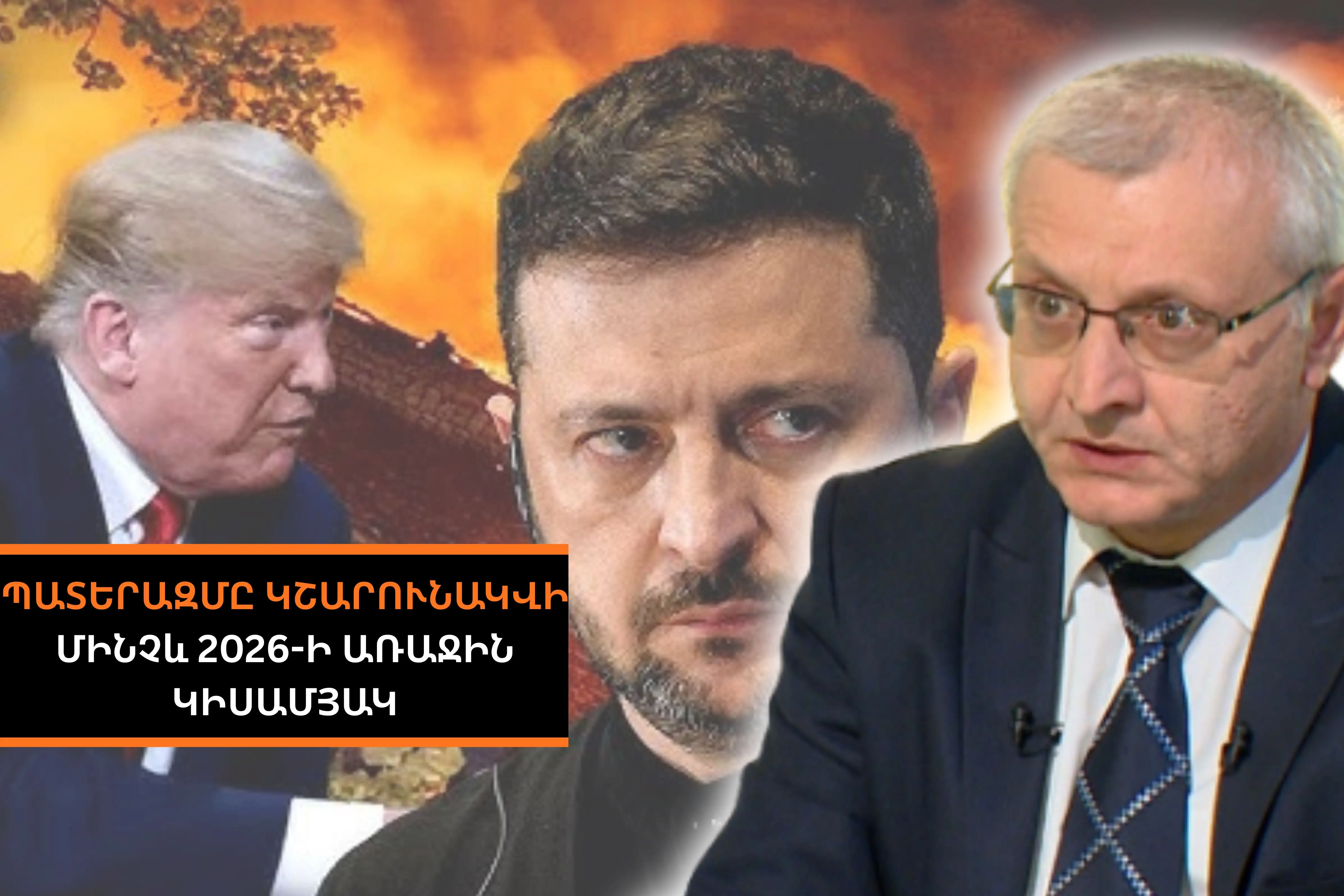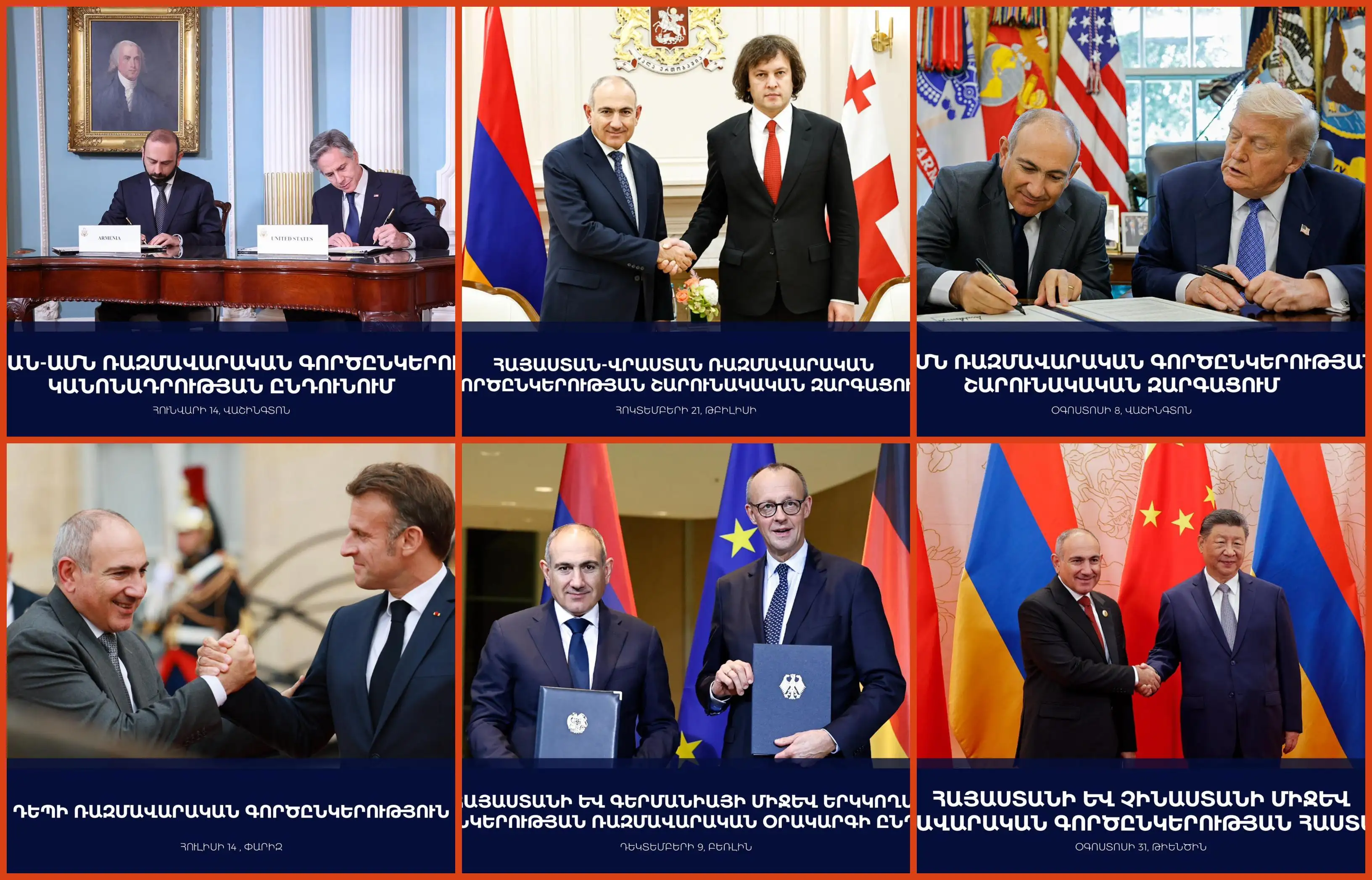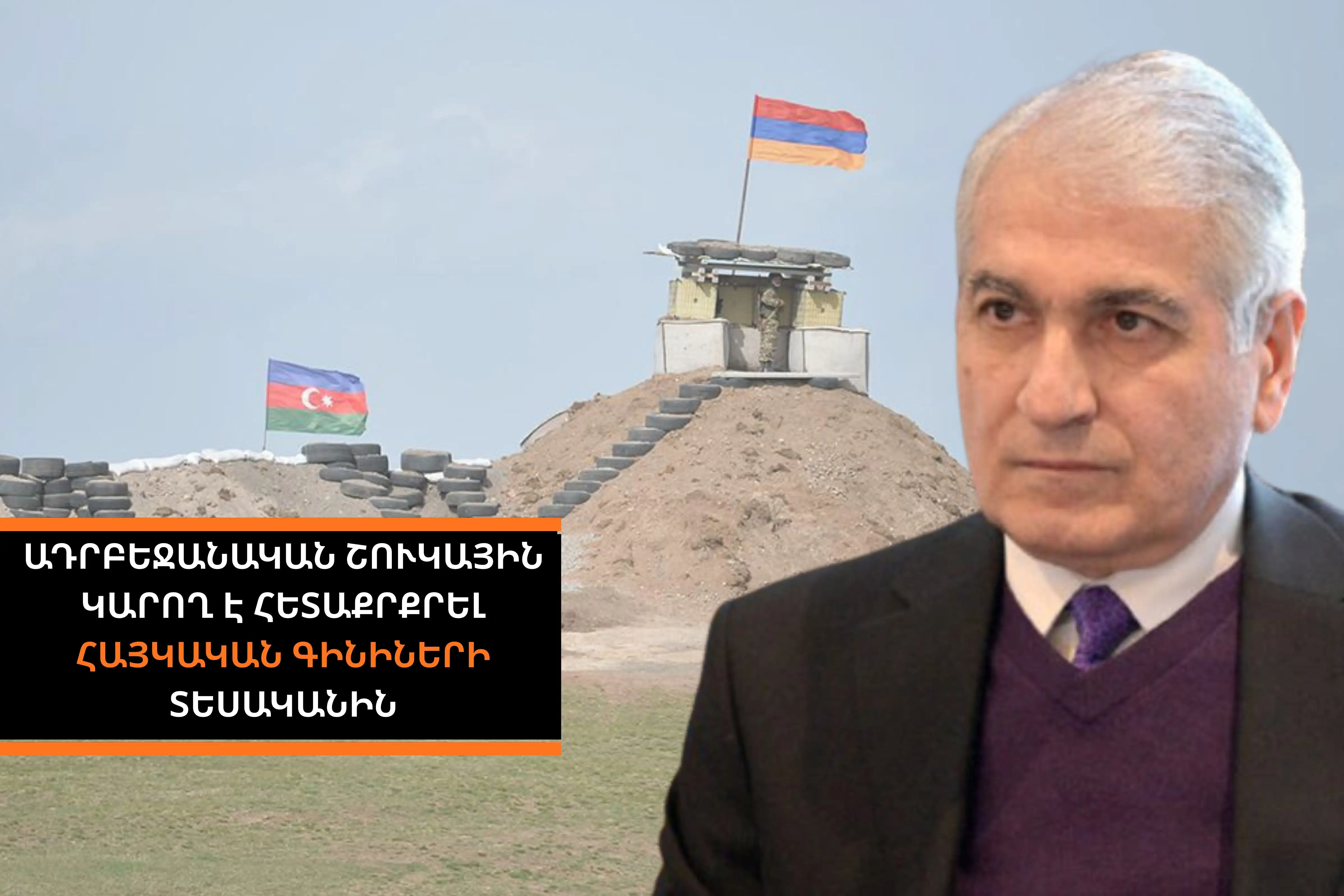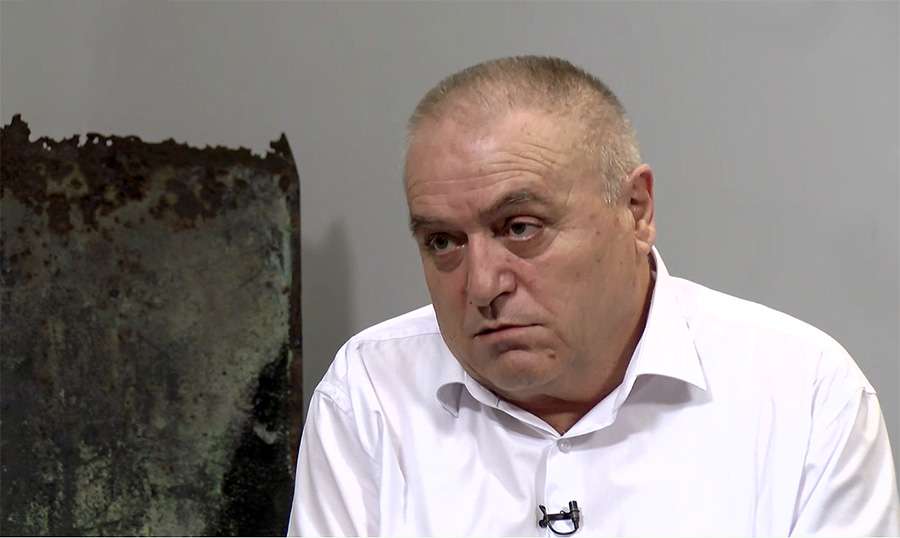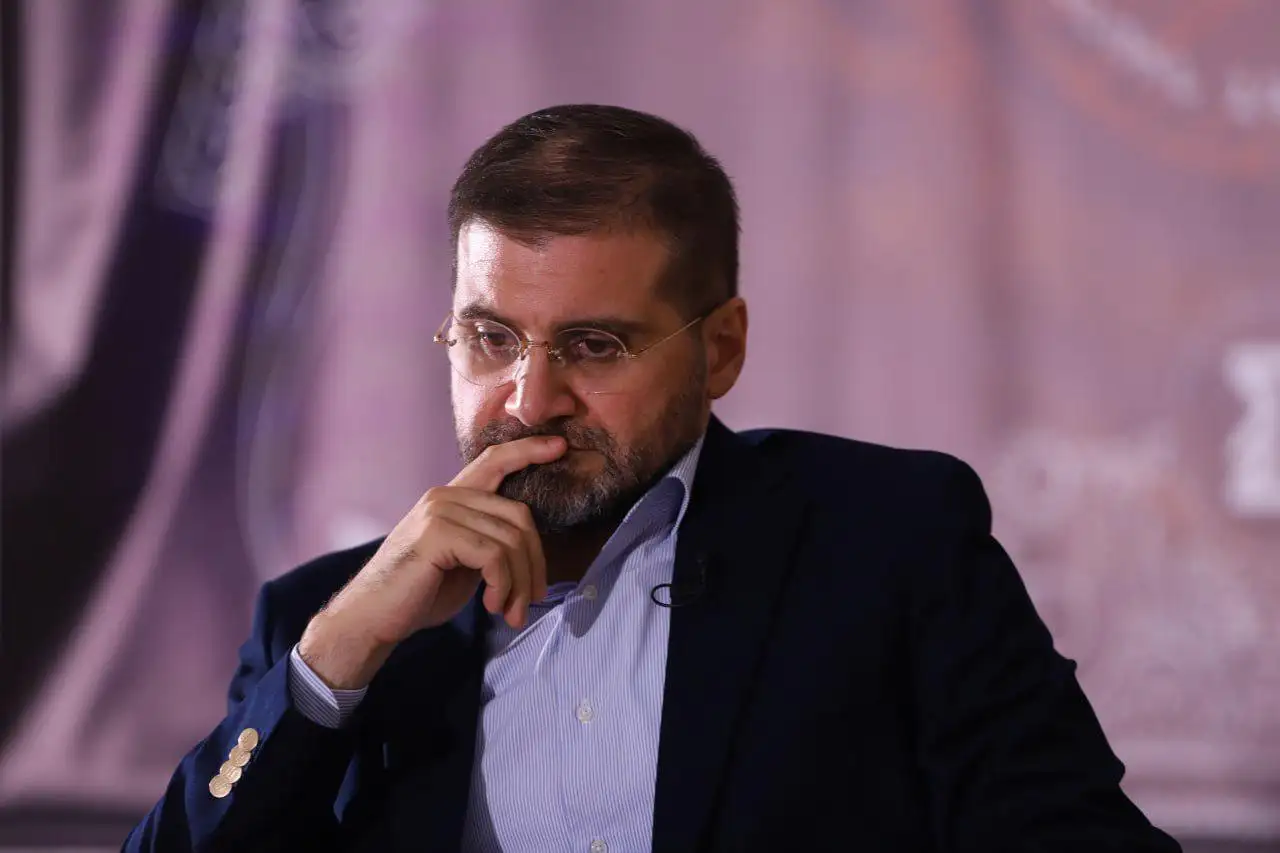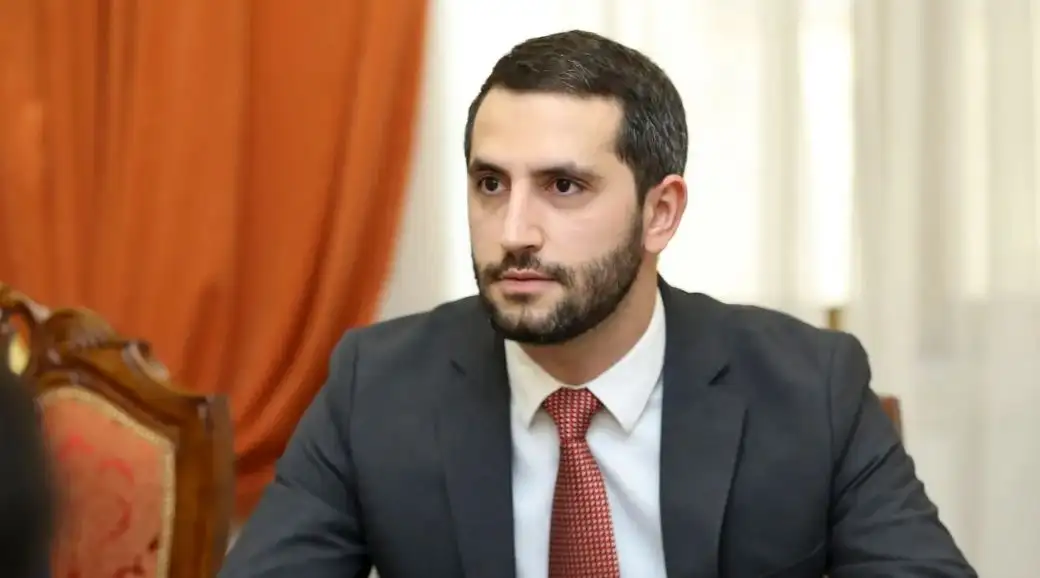On February 27, 1988, at the initiative of the leadership of Soviet Azerbaijan and under the conditions of absolute negligence, the massacres of the Armenian population of Sumgait began, which were accompanied by cases of violence, brutality, forced disappearances, dispossession, and massive violations of human rights. Hundreds of Armenians were killed, including women, children, and the elderly, and thousands of Armenians were forcibly displaced.
Massacres of Armenians in Kirovabad, Baku, and other Armenian-populated settlements in Azerbaijan followed the Sumgait tragedy. This chain of events, like the complete depopulation of Nakhichevan before them, showed that the mentioned crimes were not separate episodes of violence based on nationalism but regular manifestations of the state-planned and implemented Armenian hatred policy. As a result of that policy, around 500,000 ethnic Armenians were forcibly deported from Soviet Azerbaijan.
It is noteworthy that these events targeted not only the Armenian population. They were also accompanied by deliberate actions to eliminate Armenian heritage and the Armenian trace in general.
Already in the 21st century, under the conditions of complete impunity, Azerbaijan continued the same policy of terrorizing the native Armenians of Nagorno-Karabakh, inhumane siege, starving them to death, and finally depopulating Nagorno-Karabakh through the use of forced ethnic cleansing, which was completed even despite the three legally binding decisions made by the UN International Justice Court.
Even today, Azerbaijan continues its policy of eradicating any Armenian traces under its control, desecrating, vandalizing, and destroying Armenian religious and historical-cultural monuments. Even today, the ongoing xenophobic and hostile policy against the Republic of Armenia is accompanied by high-level hate speech, threats, and aggressive rhetoric, which is an obstacle to overcoming enmity between peoples and establishing peace and stability in the region.
The international community should give an adequate assessment of the mass crimes that have taken place and launch all available mechanisms to prevent the recurrence of such crimes and contribute to Armenia's sincere efforts to achieve dignified and lasting peace in the South Caucasus.




